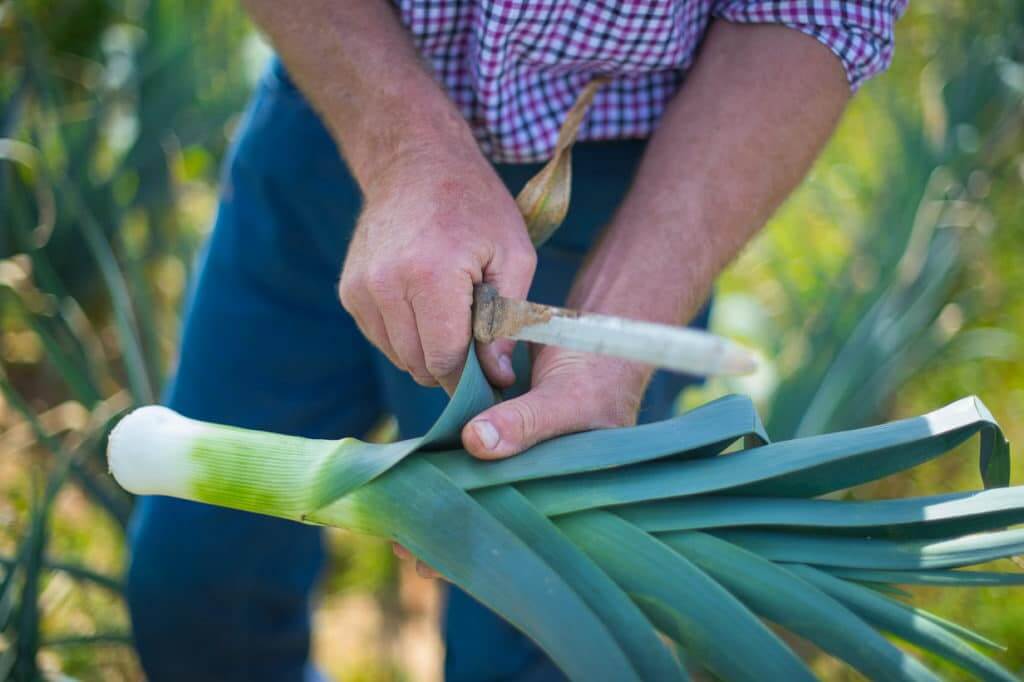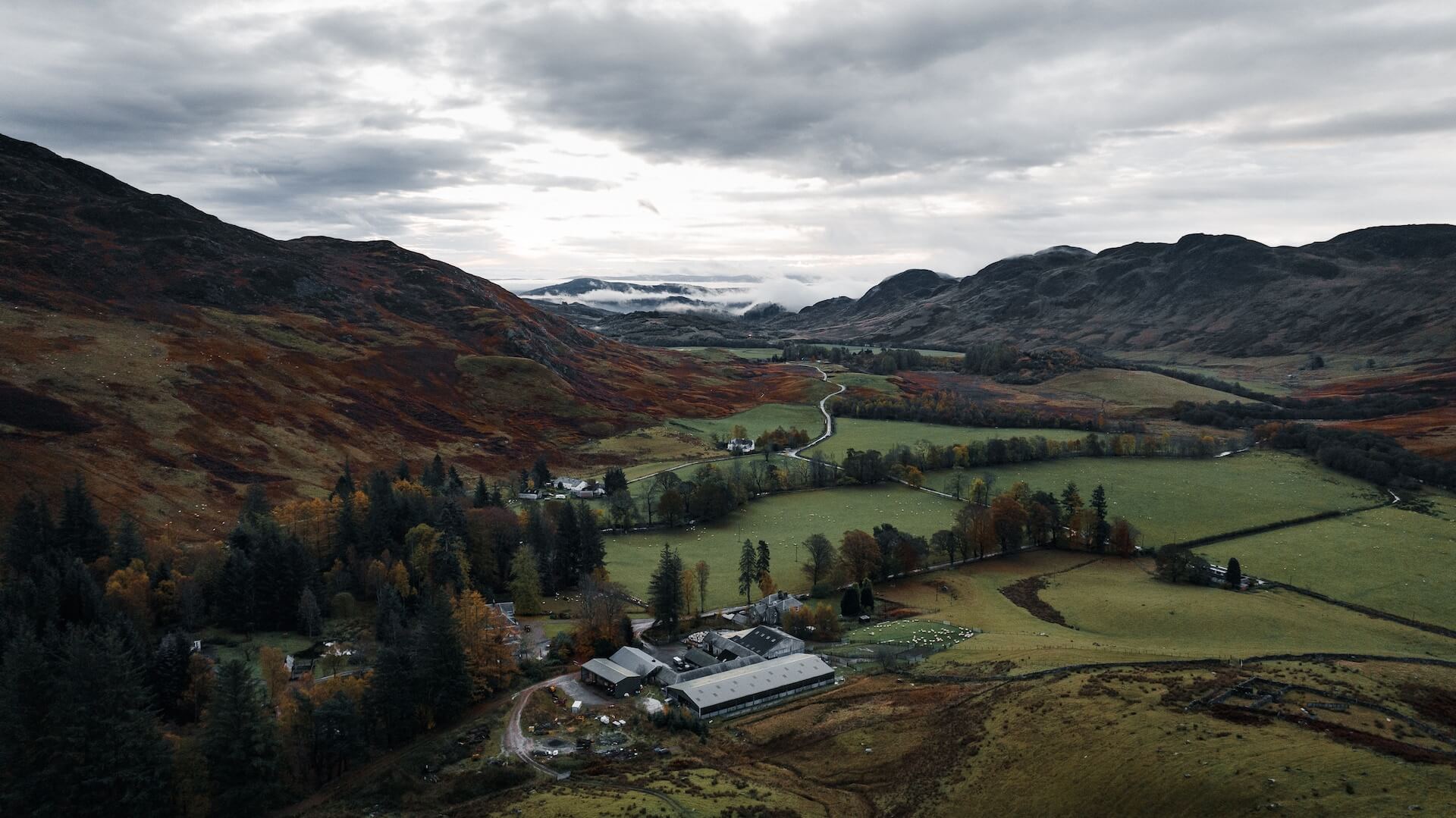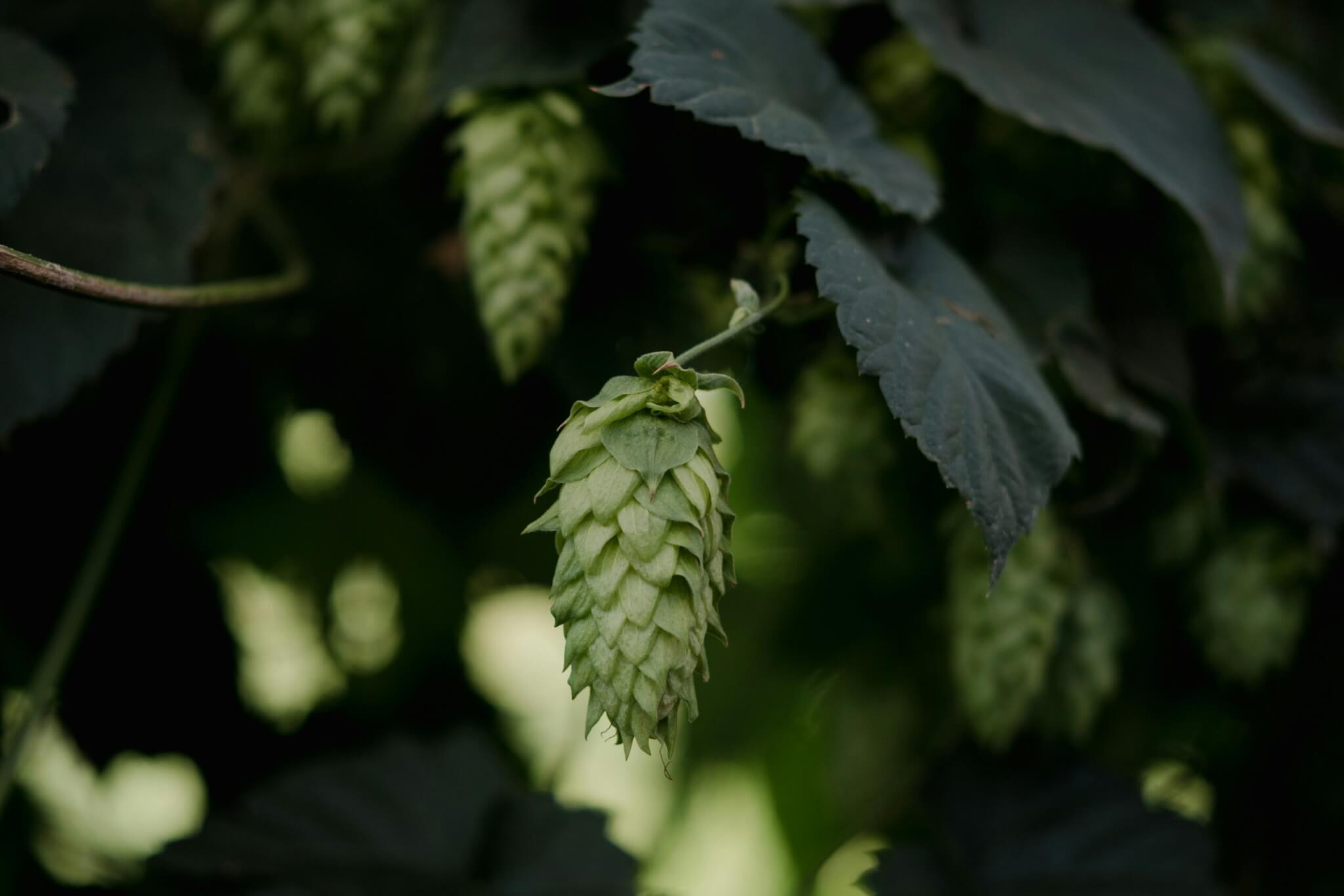As a Devon goat farmer once told me: “There’s a lot of money in land, there’s a lot of money in food, but there’s not much money in farming.” Yet how we use the land matters, aside from fossil fuel use, it’s the most important factor in climate breakdown. With some UK farmers earning below the minimum wage and struggling to turn a profit, impoverishment of both land and people go hand in hand.
Right now, injecting a lot more money into better farming would make sense; it boosts soil carbon, halts wildlife decline, addresses poor water quality and produces food more sustainably. Yet a recent report by the Green Finance Institute has found that there is a £3.7 billion financing gap for sustainable soils management and a £19.4bn gap for protecting and restoring biodiversity up to 2030.
Government funding and philanthropy will help fill these gaps, but only to a limited extent. If the UK is to deliver on environmental targets including net zero emissions by 2050, private finance will be needed. After all agriculture accounts for 10 per cent of all the country’s carbon output. The question is whether the financial sector, private equity and financial institutions can deploy their firepower to transform food and farming for the better. The answer is: maybe, but there are challenges.
“Low profitability and volatile cash flows are unattractive to investors and lending banks. Because the majority of profits in the food system are captured at the downstream end including retailers and food service companies. The profits left for the producers are small and volatile, making these businesses less attractive,” explains Peter Elwin, head of land use at Planet Tracker, a non-profit financial think tank, who says “packaging” the benefits from better farming would be a simple starting point and enable more investment.
Is it worth the money?
It doesn’t help that many businesses at the producer end of the food and farming system are small – investors and banks find it easier, and cheaper to administer, as well as deal with large companies. There are 216,000 farm holdings in the UK, half of which are less than 20 hectares in size. The average annual profit for a British farm’s agricultural production is just £5,600. It’s no wonder financial institutions aren’t clamouring to invest.
“If the UK government were to deliver a set of clear standards and regulations to support the ecosystem around nature-friendly and socially positive food, then this would give confidence to deliver the long-term investment required to really transform the sector. However, Westminster has yet to deliver such confidence for farmers, supply chains or investors,” says Simon Crichton, head of relationship management at Triodos Bank UK.

Some in the global finance sector are taking the lead. In France, for instance Groupe BPCE, the country’s third biggest bank, has become the first European finance house to issue a bond, a type of debt, devoted to sustainable agriculture, worth €750 million (£644m). The aim is to raise funds to double the land area under organic production in five years. This type of green bond offers returns for investors, as well as positive environment outcomes.
In the UK, Triodos bank has helped finance landscape-level restoration with Oxygen Conservation, having assisted it to acquire 23,000 acres in Scotland, including an area of Langham Moor and an estate at Invergeldie. During its custodianship, Oxygen intends to restore significant areas of peatland and plant large areas of native broadleaf woodland, whilst transitioning farmland to an organic, regenerative system that enhances the natural environment. The aim is to generate a positive economic return as a result of its work.
Groupe BPCE, France’s third biggest bank, has become the first European finance house to issue a bond devoted to sustainable agriculture. The aim is to raise funds to double the land area under organic production in five years.
“At the other end of the scale, we’re also supporting small farming partnerships that are making incremental improvements in reducing their carbon emissions or protecting biodiversity. One farm that we’ve been working with is now sequestering ten times as much carbon on the farm as they are emitting,” says Crichton.
Yatesbury House Farm in Wiltshire has been focused on improving soil organic matter and in the process sequestering carbon. In 2020, Triodos supported the purchase of a neighbouring ‘conventional’ farm for conversion to organic and biodynamic agriculture alongside its existing operation.
There’s certainly potential for financial services to assist farms with the restoration of degraded soils, boosting fertility, organic matter and building biodiversity in the process. This can make land more valuable, offering a return for those that invest.
Many arable soils in the UK have lost 40 to 60 per cent of their organic carbon because of intensive agriculture. One measure from scientists at Rothamsted Research states that 38 per cent of arable soils in England and Wales are degraded – so there is significant room for improvement.
Lessons from our energy transition
There is a lot to learn from the energy sector as well. The transition to wind and solar away from fossil fuels is in full swing. It has taken a great deal of government action, followed up by private investment to bring the price of renewables down over the last decade.
The successful feed-in tariff, which has incentivised many UK households to adopt solar power, still pays many people today. The so-called ‘renewable obligation’ was a government-led incentive scheme, forcing energy companies to pay for the power that households generate. This, in effect, was a levy on consumers’ electricity consumption and over two decades is estimated to cost less than £10bn up to 2030.
Over ten years ago, as a country we sacrificed the goal of sourcing the cheapest energy for a more secure and low carbon supply. Could we do this with food and farming?
The Food Systems Economics Commission proposes a similar process to bring about more sustainable farming. Over ten years ago, as a country we sacrificed the goal of sourcing the cheapest energy, i.e. fossil fuel power, for a more secure and low carbon supply. Could we do this with food and farming, shifting the dial there too?
There are proposals for a ‘feeding tariff’, a subsidy paid directly to farmers, to transition to more sustainable food production, raised perhaps via a tax on luxury or added-value food.
The UK government’s new Environmental Land Management scheme is heading in this direction with subsidies paying farmers for better soil management and boosting biodiversity. This comes directly from public funds and from taxation, but a lot more finance and incentives for change will surely be needed.
“The fact is producers are not getting a sufficient share of the overall system, so supply chain inequalities need to be addressed. We also need to find ways to pay a fair price to farmers who are providing ecosystem services beyond food production – we can’t expect them to create nature-based solutions that cost them money without being properly compensated for this,” says Peter Elwin from Planet Tracker.
The fact is producers are not getting a sufficient share of the overall system, so supply chain inequalities need to be addressed.
“A willingness by food manufacturers, retailers and food service companies to take full responsibility for the actions being taken further up their supply chains will be a key part of this process. This will help finance to flow to where it is needed most from an environmental perspective – at the production end of the supply chain.”
If more finance doesn’t move into UK farming, we can expect further impoverishment of both the land and the people that care for it. Something has to change.









As we delve into the imperative discussion on channeling more resources into sustainable farming, it’s crucial to explore innovative financial solutions that align with the ethos of environmental consciousness. One promising avenue worth considering is the integration of decentralized finance (DeFi) platforms. Platforms like https://icoholder.com/en/defi offer a decentralized approach to financial services, providing an opportunity to revolutionize the funding landscape for sustainable agriculture. By leveraging smart contracts and blockchain technology, DeFi can streamline and automate financial processes, reducing the bureaucratic hurdles often associated with traditional financing.